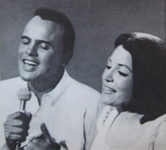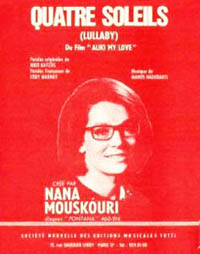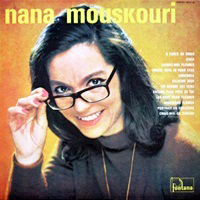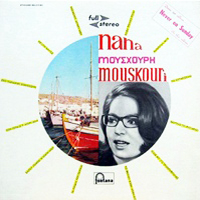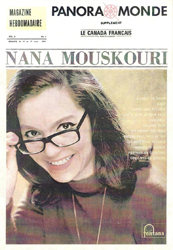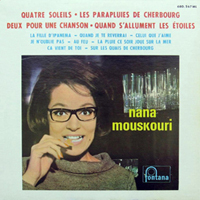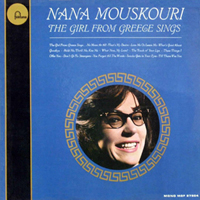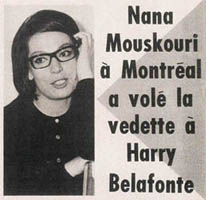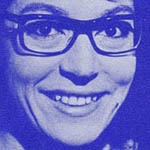ON TOUR WITH HARRY BELAFONTE
In the fall of 1964, Nana is a guest singer in the Harry Belafonte show in the United States. Together, they perform in 26 university and college-campus halls. They begin on October 19 in Burlington, city in the State of Vermont located 45 minutes from the Canadian border. During this tour, Nana familiarizes herself with folk music then in full fashion. She meets its main performers; Joan Baez, Bob Dylan, Pete Seeger and the Anglo-Canadian duo Ian & Sylvia Tyson. They recommend her to sing "Un Canadien errant", a traditional song, when she'll come to Canada.
